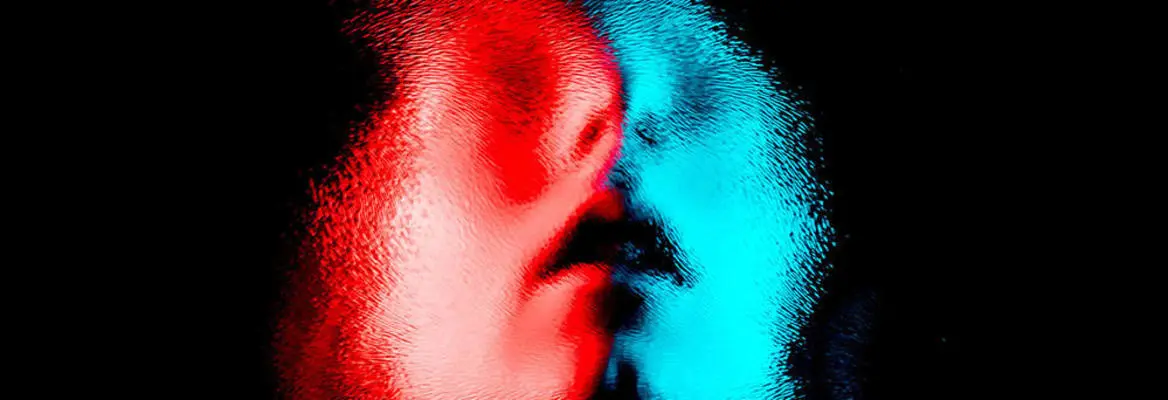The medicalisation of madness in our physicalist age has consequences. Once upon a time the mad were thought to have access to divine truth, but now madness is just a symptom of unhealthy neurobiology and any realisations come to in altered states are ignored. Of course, madness can be dangerous and damaging. But from Wittgenstein to Nietzsche, some of our greatest philosophers have experienced periods of madness and yet, their philosophy is just as vital in spite of, or possibly because of, this madness, writes Wouter Kusters.
In his seminal work Madness in Civilisation the American sociologist Andrew Scull examines the way madness has been both an ineradicable aspect of any ordered human society, a haunting image of fear and terror, as well as a fascinating realm that inspires and attracts artists and thinkers. With the Greeks the Hippocratian tradition began, in which physicians tried to explain deviations from the average mental and bodily behaviour in natural terms, with the four humoral elements; blood, phlegm, black bile and yellow bile. Meanwhile, folk explanations of what today is often called mental illness were given in terms of the influence of spirits and demons, as well as the actions, lessons, warnings and spells of the gods. Thirdly, it was also thought, in at least some cases, that the mad were perceiving something real, as Plato says: “We made four divisions of the divine madness, ascribing them to four gods, saying that prophecy was inspired by Apollo, the mystic madness by Dionysus, the poetic by the Muses, and the madness of love, inspired by Aphrodite and Eros, we said was the best.” In this third view, Plato’s view, the madman is not a patient with a disease, neither a sufferer from divine fate, but a seeker close to something of high value.
Madness has been translated as the inner individual working through of feelings of guilt, shame, stress, and recurring traumas, all of which are interacting with the neurobiological level of the brain.
Many centuries later, the medical attitude has become dominant in this domain; since the 20th century the profession and discourse of psychiatry has claimed to know best how to deal with madness, and its accounts have been soaked in ‘naturalist’, medical terms. The earlier folk explanations that interpreted madness as a curse, a revenge, or as a whim of gods, demons or spirits, have been transformed into the dry spiritless jargon of modern psychology. Stripping the gods from their ‘real’ character in a communal world, madness has been translated as the inner individual working through of feelings of guilt, shame, stress, and recurring traumas, all of which are interacting with the neurobiological level of the brain.















Join the conversation